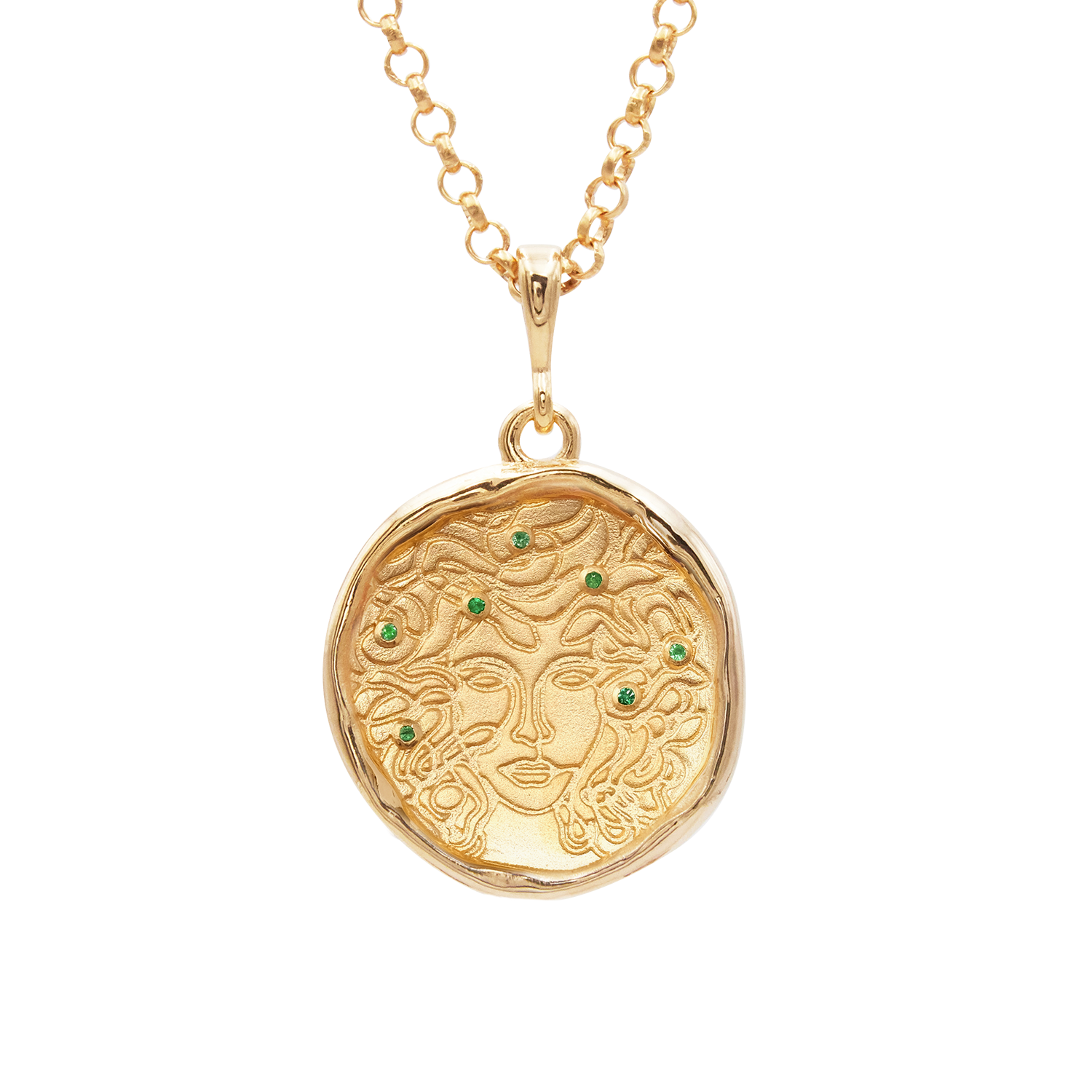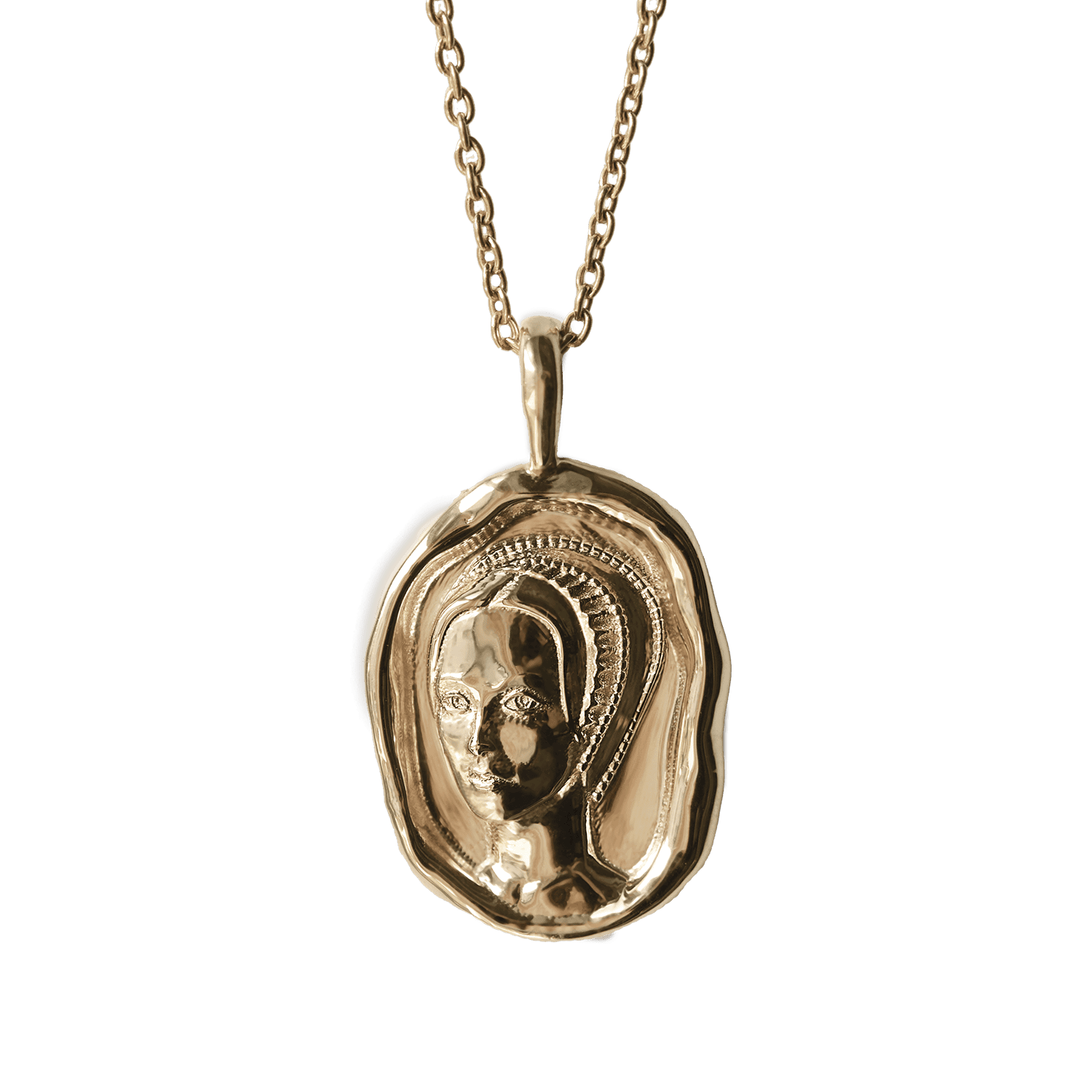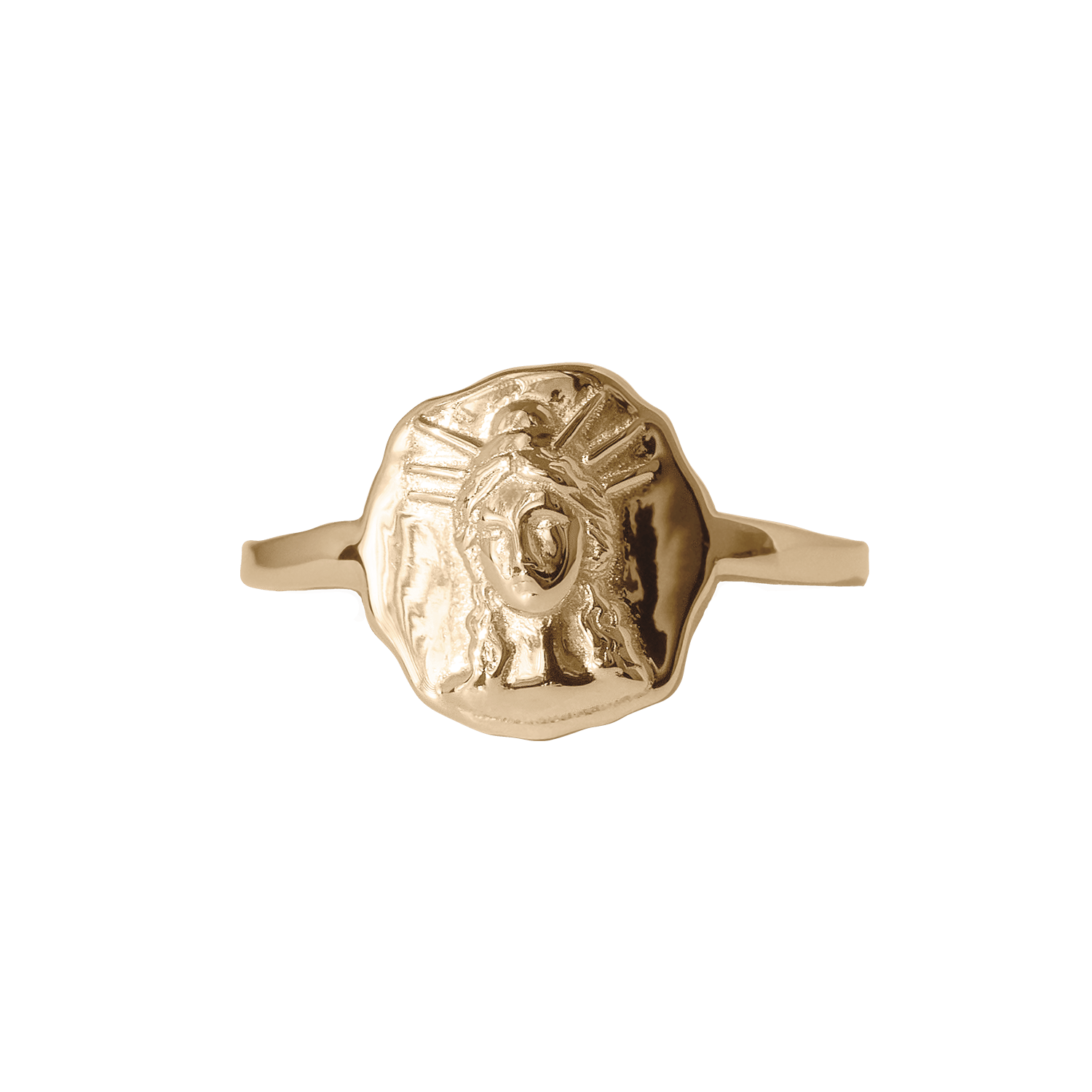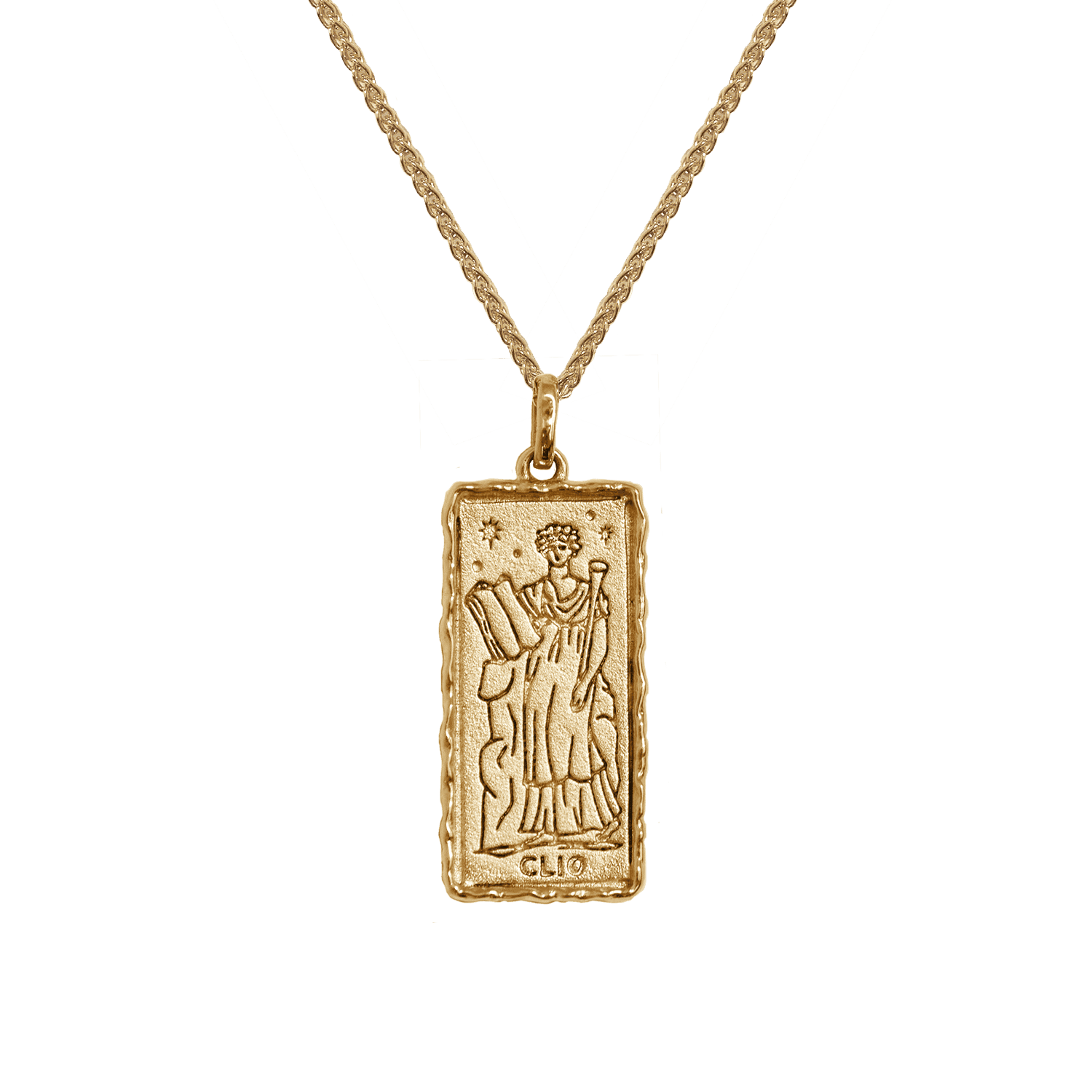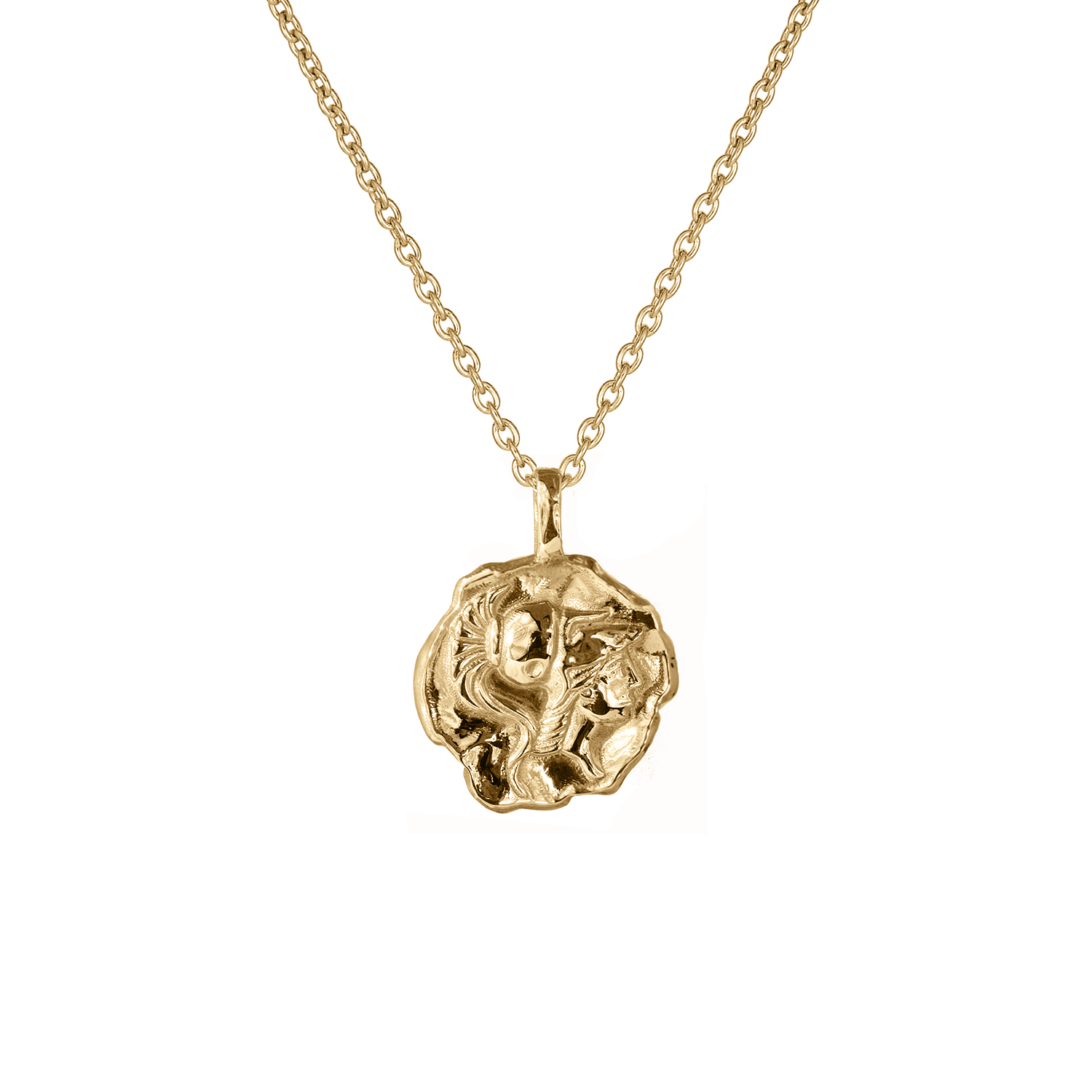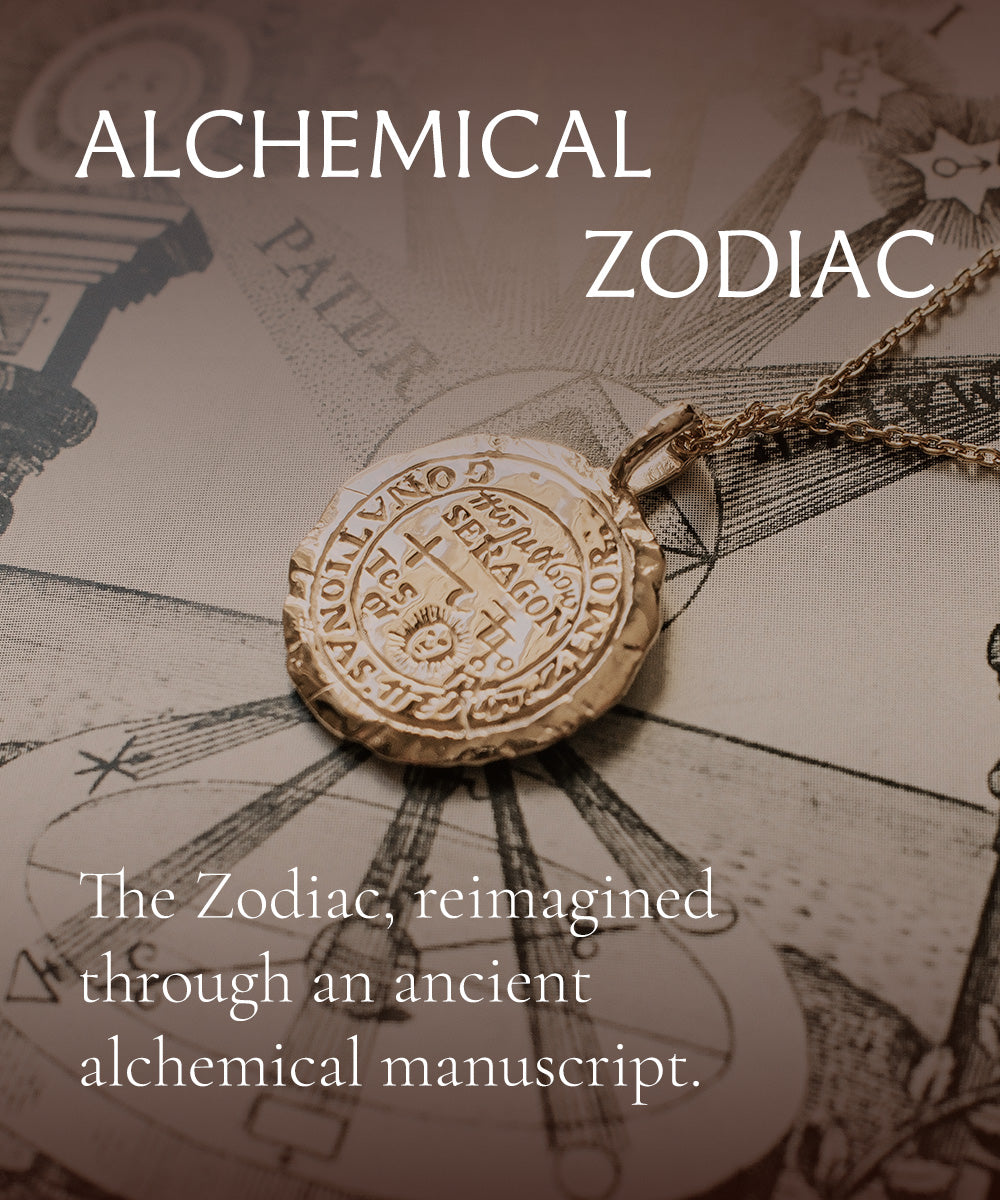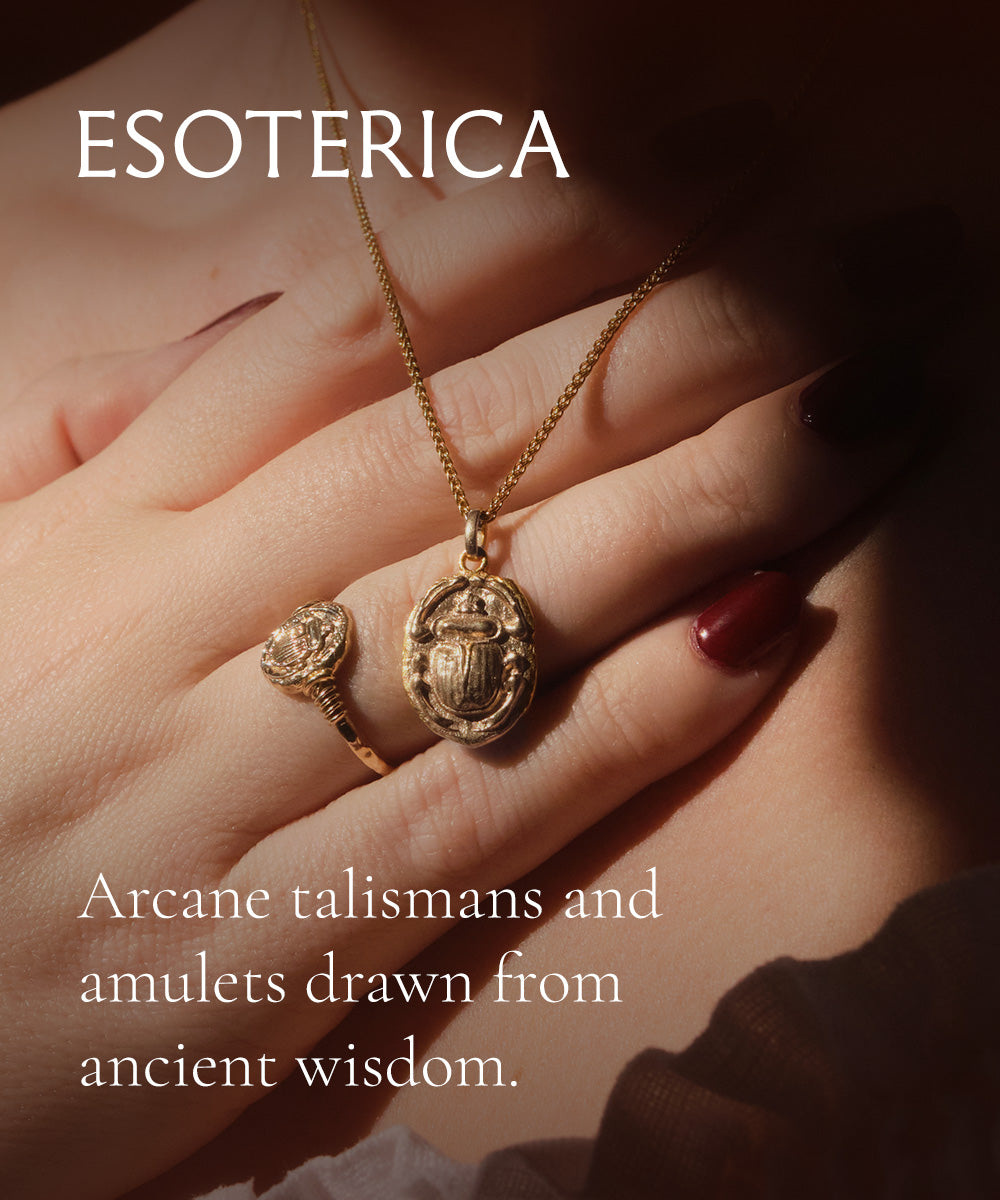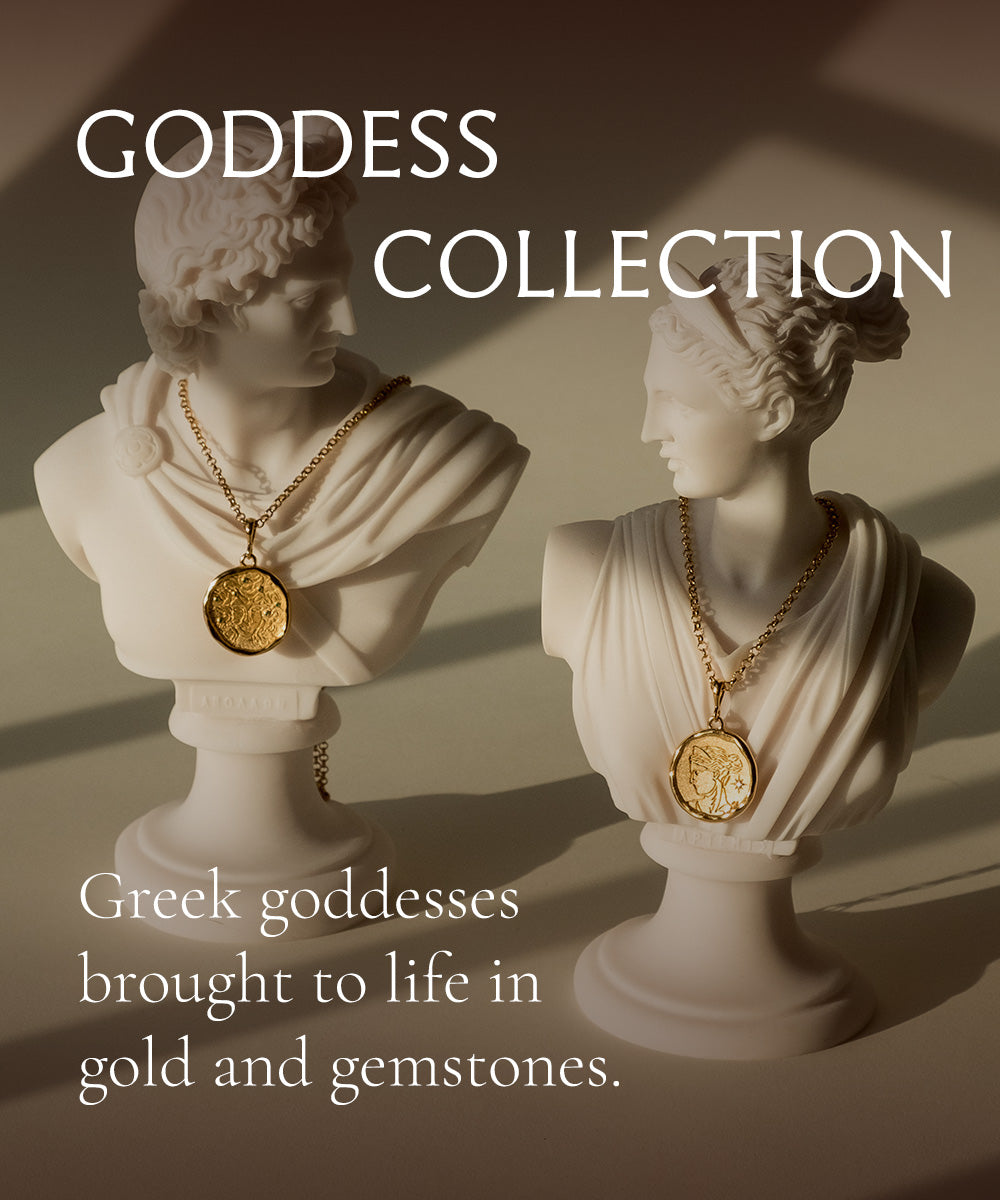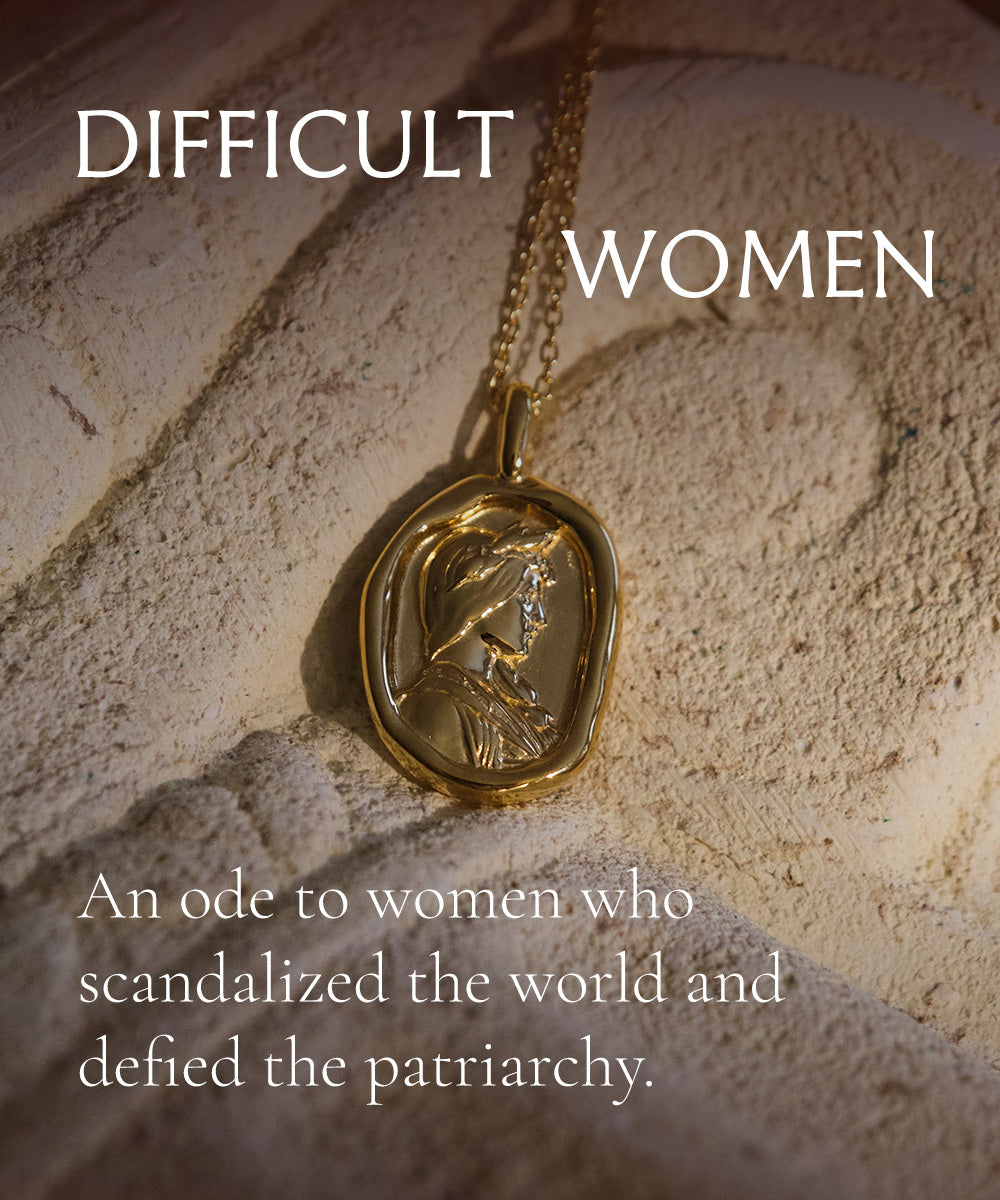The wayside goddess. The goddess we witches revere. The chthonic, mother of ghosts, the other.
If you delve deep enough into the history of mythology, things become… hazy.
In the fog of the ancients you can make out shapes, figures of gods, the reflection of the people who worshipped them.
There will always be varying accounts, so it is up to you to decide where the significance is. There is simply no other way.
Hecate is an arcane goddess, a Titan born in the Mediterranean thousands of years ago, honored and respected even by Zeus himself. When casting down the other Titans, the thunder god would not—could not—do wrong to Hecate, nor take away anything that she ruled over.
Hecate’s dominion is over all that is in-between. She lives in the liminal space between the world of the living and that of the dead, and she alone unlocks the gates of death.
Under her otherworldly domain are crossroads, tombs, wanderers in the night, and ghostly travelers making their way to the Underworld. The darkest of magics belongs only to Hecate, who dabbles in sorcery that no other god or goddess dares attempt: it is too old, too sacred, too volatile.
Hecate is often depicted in three forms, or with three faces. She is referenced as a spectral being, and even more macabre, she is described in Lucan as a “pallid, decaying” goddess, bearing the likeness of the dead she leads to the other world, and that she wears a mask to not frighten other gods.
The spectral goddess resonates with me because she is ancient, terrifying, even ugly. Women come in all forms, not all of them beautiful, friendly, or warm. Hecate exists by and for herself, as any and all women should be able to. Her abnormal nature and connection to death gives her an “otherness” among the gods, but I would argue that she is reflected in all of them.
She is one with the night, as Gaia is one with the Earth.
Circe acknowledges Hecate as the first who wielded magic, poisonous herbs and sorcery.
Hecate passed her role of protectress of youth and light-bearer, moon in the night, onto her niece Artemis, and the two share a deep affection for dogs, their sacred animals.
She guards the gates of the Underworld and commands death, as does the Queen of the Underworld herself, lovely Persephone.
When the latter was famously kidnapped, Hecate was the only goddess to spite Zeus and answer Demeter’s call for help, and the women searched arm in arm, torch in hand, so that the mother would not be alone in her anguish.
Though she is a supremely ancient and powerful being who answers to no kings or gods, her choices come from a place of kindness and support. Hecate has a place in every home, protecting families from restless spirits. She leads the wandering ghosts of the departed to the misty Groves of Hecate, where they may enter the gates to the Underworld to find peace and rest. She is worshipped by kings, gamblers, horsemen, crones, witches, mothers, gods, and all of those who will one day leave this world and be led through the gates into another—as death is a part of life, as natural as morning turning over into evening, and one day, we will all need the grace of Hecate to show us the way.
